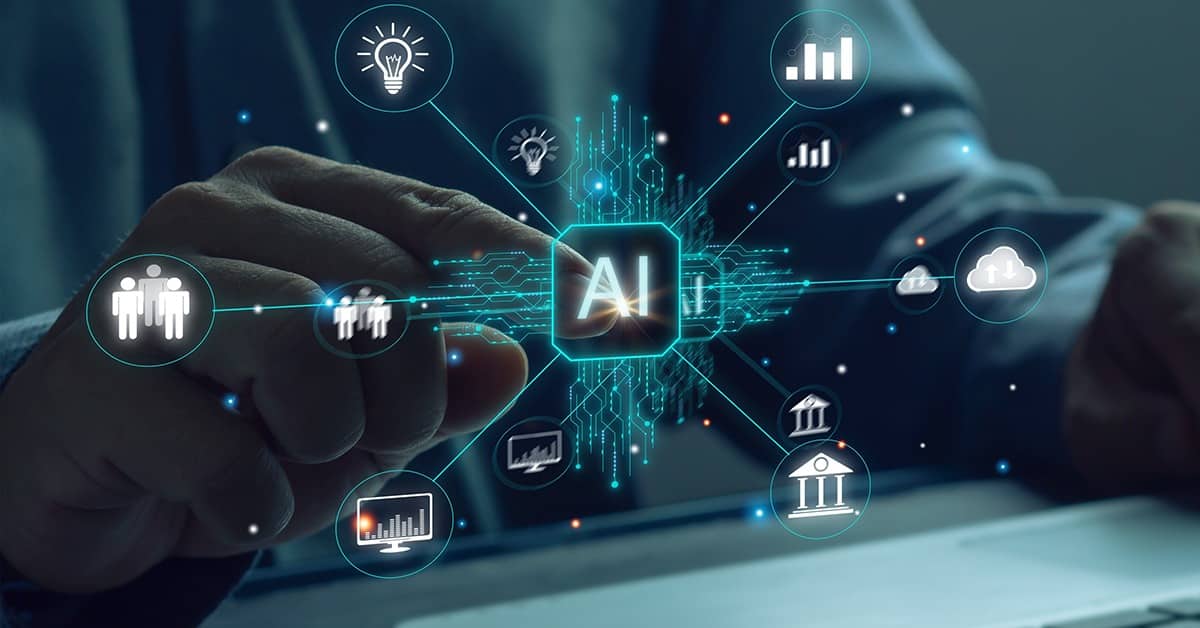In today’s fast-paced and increasingly complex financial landscape, the integration of AI in reconciliation processes is proving to be a game-changer. As businesses strive to handle massive volumes of transactions efficiently, the traditional methods of reconciliation are rapidly becoming obsolete. This article explores how AI is revolutionizing reconciliation processes, making them more accurate, efficient, and insightful.

The Importance of Reconciliation in Financial Transactions
Reconciliation is a critical aspect of financial management. It involves matching transactions recorded in different accounts to ensure they are consistent and accurate. This process helps in identifying discrepancies, preventing fraud, and ensuring compliance with financial regulations. However, manual reconciliation is often time-consuming and prone to errors.
Challenges in Traditional Reconciliation Methods
Traditional reconciliation methods rely heavily on manual efforts, which can be labor-intensive and error-prone. Financial teams often face challenges such as data discrepancies, increased processing times, and the inability to quickly identify and resolve mismatches. These challenges can lead to delayed financial reporting and potential compliance risks.
How AI is Revolutionizing Reconciliation Processes
The integration of AI in reconciliation processes is transforming how businesses manage their financial transactions. AI technologies, such as machine learning and natural language processing, enable financial teams to automate complex reconciliation tasks, reducing manual intervention and increasing accuracy.
Automating Data Matching
AI algorithms can quickly and accurately match transactions across multiple accounts and systems. By automating data matching, businesses can significantly reduce the time spent on reconciliation and minimize errors.
Detecting Anomalies and Fraud
With AI‘s ability to analyze large datasets and detect patterns, it can identify anomalies and potential fraudulent activities that manual methods might overlook. This capability enhances the overall security and integrity of financial transactions.
Enhancing Decision-Making
AI provides valuable insights into reconciliation processes by identifying trends and patterns in financial data. These insights empower financial teams to make informed decisions and optimize their reconciliation strategies.
Benefits of AI-Powered Reconciliation
The adoption of AI in reconciliation processes offers numerous benefits to businesses:
- Increased Efficiency: Automating repetitive tasks reduces processing times and allows financial teams to focus on more strategic activities.
- Improved Accuracy: AI minimizes human errors, ensuring more accurate and reliable reconciliation results.
- Cost Savings: By streamlining reconciliation, businesses can reduce operational costs associated with manual processes.
- Scalability: AI solutions can handle large volumes of transactions, making them ideal for growing businesses.
Implementing AI in Reconciliation Processes
To successfully implement AI in reconciliation processes, businesses should consider the following steps:
Assessing Current Processes
Evaluate existing reconciliation workflows to identify areas where AI can add the most value. This assessment will help in designing an effective AI strategy.
Selecting the Right AI Tools
Choose AI solutions that align with your business needs and integrate seamlessly with existing systems. Consider factors such as scalability, ease of use, and vendor support.
Training and Change Management
Prepare your financial team for the transition by providing adequate training on new AI tools and processes. Foster a culture of innovation to encourage acceptance and adoption.
Case Studies of AI in Reconciliation
Several businesses have successfully implemented AI in their reconciliation processes, achieving remarkable results. For example, a global financial institution used AI to automate account reconciliation, reducing processing time by 70% and improving accuracy by 95%.
The Future of AI in Reconciliation
As AI technology continues to evolve, its role in reconciliation will expand further. Future advancements may include more sophisticated anomaly detection, real-time reconciliation, and predictive analytics to anticipate reconciliation challenges.
Conclusion
The integration of AI in reconciliation processes is reshaping the financial industry. By automating complex tasks, improving accuracy, and providing actionable insights, AI enables businesses to streamline their reconciliation processes and achieve greater efficiency. As technology advances, the potential for AI in reconciliation is virtually limitless.

FAQs
What is AI’s role in reconciliation processes?
AI automates and enhances reconciliation processes by matching transactions, detecting anomalies, and providing insights.
How does AI improve reconciliation accuracy?
By reducing manual errors and automating data matching, AI ensures more accurate reconciliation results.
Can AI detect fraud in reconciliation?
Yes, AI can analyze patterns and detect anomalies, helping to identify potential fraud in financial transactions.
For more insights into how AI is transforming financial processes, you can check this article. Additionally, learn more about AI in data extraction and how it complements reconciliation processes.





